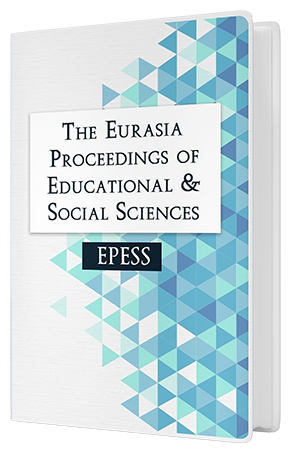Social and Educational Innovations in Accounting and Finance in the Context of Digitization
DOI:
https://doi.org/10.55549/epess.1412826Keywords:
Digitalization, Accounting, Finance, Computer technologyAbstract
Digitization refers to the process of converting analog signals into digital signals, and its impact extends far beyond mere technological transformation. This phenomenon brings about substantial changes in various sectors, particularly in the realm of economics, where its influence becomes indispensable within a remarkably short span of time. Consequently, accounting departments have swiftly recognized the importance of embracing information technologies to improve their work processes and outcomes. As a result, they have been quick to implement these technologies, leveraging their potential to enhance efficiency and accuracy. In-depth research on this subject employs several methods to gain comprehensive insights. The first method is a literature review, which examines existing knowledge and scholarly works in the field. The historical method enables researchers to trace the evolution of digitization, providing valuable context for current developments. The comparison method evaluates the national and international impact of digitization, facilitating a broader understanding of its implications. Such knowledge not only contributes to academic advancement but also informs practical decision-making processes for organizations embracing the digital revolution.Downloads
Published
Issue
Section
License
Copyright (c) 2023 The Eurasia Proceedings of Educational and Social Sciences

This work is licensed under a Creative Commons Attribution-NonCommercial-ShareAlike 4.0 International License.
The articles may be used for research, teaching, and private study purposes. Any substantial or systematic reproduction, redistribution, reselling, loan, sub-licensing, systematic supply, or distribution in any form to anyone is expressly forbidden. Authors alone are responsible for the contents of their articles. The journal owns the copyright of the articles. The publisher shall not be liable for any loss, actions, claims, proceedings, demand, or costs or damages whatsoever or howsoever caused arising directly or indirectly in connection with or arising out of the use of the research material. All authors are requested to disclose any actual or potential conflict of interest including any financial, personal or other relationships with other people or organizations regarding the submitted work.




